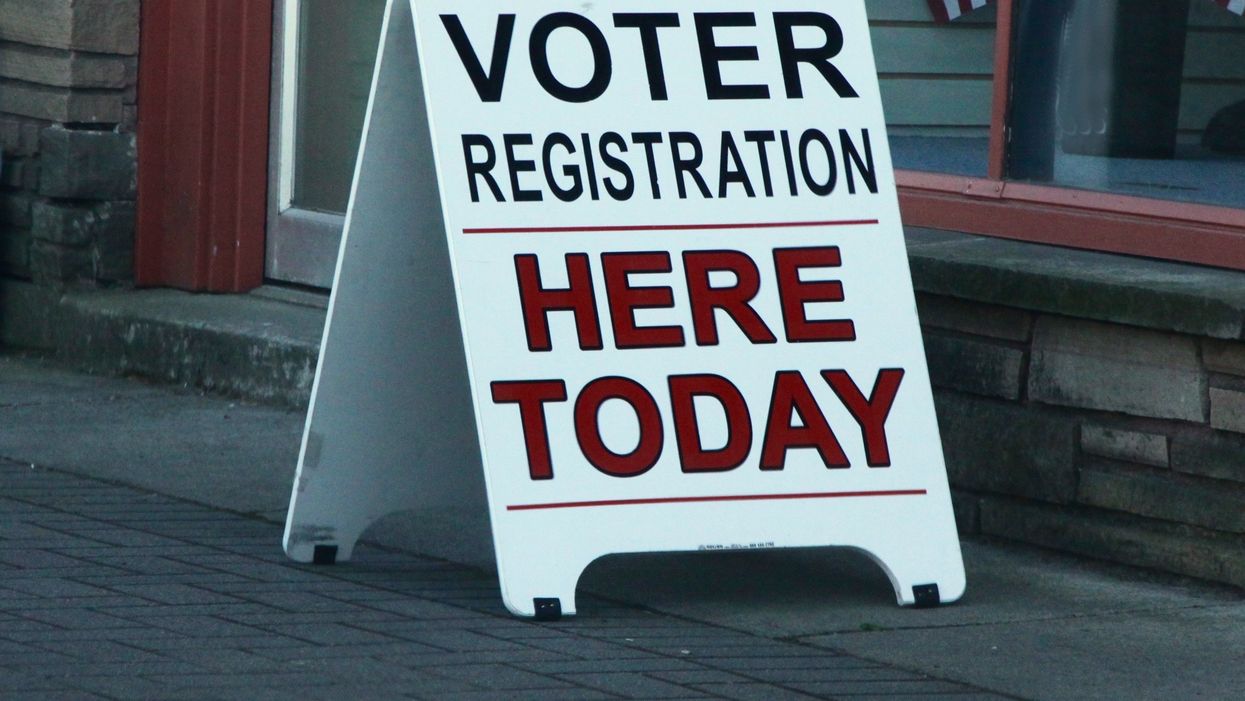Lawsuits by civil rights and voter registration organizations against Tennessee's new restrictions on voter registration groups have been kept alive by a federal judge.
The state government sought to dismiss the two lawsuits, which say mandates enacted this spring by the overwhelmingly Republican legislature will hinder voter registration especially, among minority groups. But this week Judge Aleta Trauger refused and derided the new statute as "a complex and punitive regulatory scheme."
The law makes it a misdemeanor for voter registration groups to pay workers based on quotas, or to enroll more than 100 voters without completing a new regime of government training and paperwork on a tight deadline. Submitting more than 100 incomplete new voter forms is also newly a crime, as is the employment of out-of-state poll watchers.
If the state "is concerned that the drives are being done fraudulently — for example, by a person or organization collecting forms and never turning them in — it can punish the fraud rather than subjecting everyone else to an intrusive prophylactic scheme that true bad actors would likely evade regardless," said Trauger, named to the bench by President Clinton two decades ago.
State Elections Coordinator Mark Goins told the Nashville Tennessean the law is the first in the country to criminalize the submitting incomplete registration forms. The state, which has been reliably GOP for years, ranks 44th in voter registration, but saw a surge in advance of a hotly contested Senate race last year won by Republican Marsha Blackburn.




















